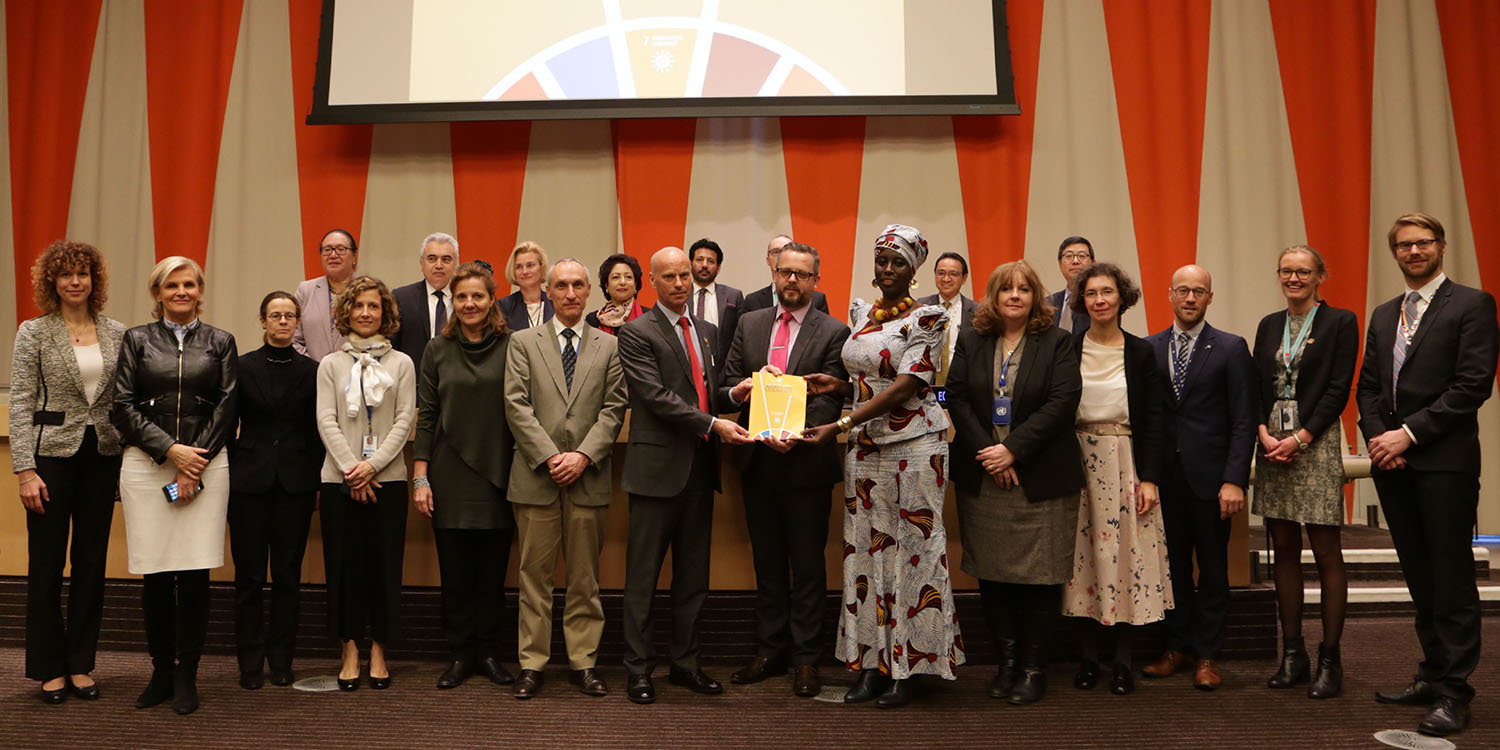Leading up to the first official review of SDG7 in July, a major milestone was reached with the launch of 27 policy briefs to support the review process. In addition, a summary for policy makers captured the SDG7 progress and highlights decentralised renewable energy as crucial for advancing SDG7 implementation.
Since the Sustainable Development Goals were laid out in 2015, much has been set in motion to make sure we will reach the targets before 2030.
In Policy Brief 24 “Energy Sector Transformation: Decentralised renewable energy for universal energy access”, Hivos provided input and recommendations on behalf of the Brooklyn Coalition on energy access and the action still needed to reach universal access by 2030. These key contributions will feed into the first official review of SDG7 during the 2018 UN High-level Political Forum, which takes place in New York in July this year.
As SDG7 aims to “Ensure affordable, reliable, sustainable and modern energy for all”, Hivos works actively to meet this goal through implementation and policy influencing. We believe that access to green and inclusive energy transforms people’s lives, bringing health, education and new economic opportunities while mitigating climate change. To speed up the delivery of energy across the world, decentralised renewable energy (DRE) provides the fastest, most flexible and cost-effective method.
Alongside the 27 policy briefs on energy, key policy messages have been grouped in a high-level Summary for Policy Makers, including a Global Agenda for Accelerated SDG7 Action. One of the main calls to action is “to harness the potential of decentralised renewable energy”, which are key to universal energy access and empowerment of people, companies and communities.
Both Policy Briefs and Summary for Policy Makers have been coordinated by the SDG7 Multistakeholder Technical Advisory Group, which is co-chaired by Hivos-Energia’s Sheila Oparaocha and has Hivos as a member. Next to this, a Global SDG7 Conference took place in Bangkok in February 2018, where Hivos also hosted a session on Energy Sector Transformation.
Status of the energy sector transformation and SDG7 progress
Decentralised renewable energy is already fuelling the disruptive transformation of the energy sector with a rapid growth of innovative technologies.
Renewable energy distributed through the grid (27%) as well as through mini-grids and off-grid installations (3%) have provided power to 30% of the people who have gained access since 2000. Yet to achieve universal energy access by 2030, this share will need to increase significantly. For over 70% of those who gain access in rural areas, decentralised systems based on renewable energy will be the most cost-effective solution (IEA, 2017). For this, comprehensive regulatory, legal and financial frameworks will need to enable a decentralised and citizen-oriented organisation of the energy sector with high shares of renewable energy.
Compilation of all 27 briefs: Policy Briefs in Support of the First SDG7 Review at the UN High-level Political Forum 2018




